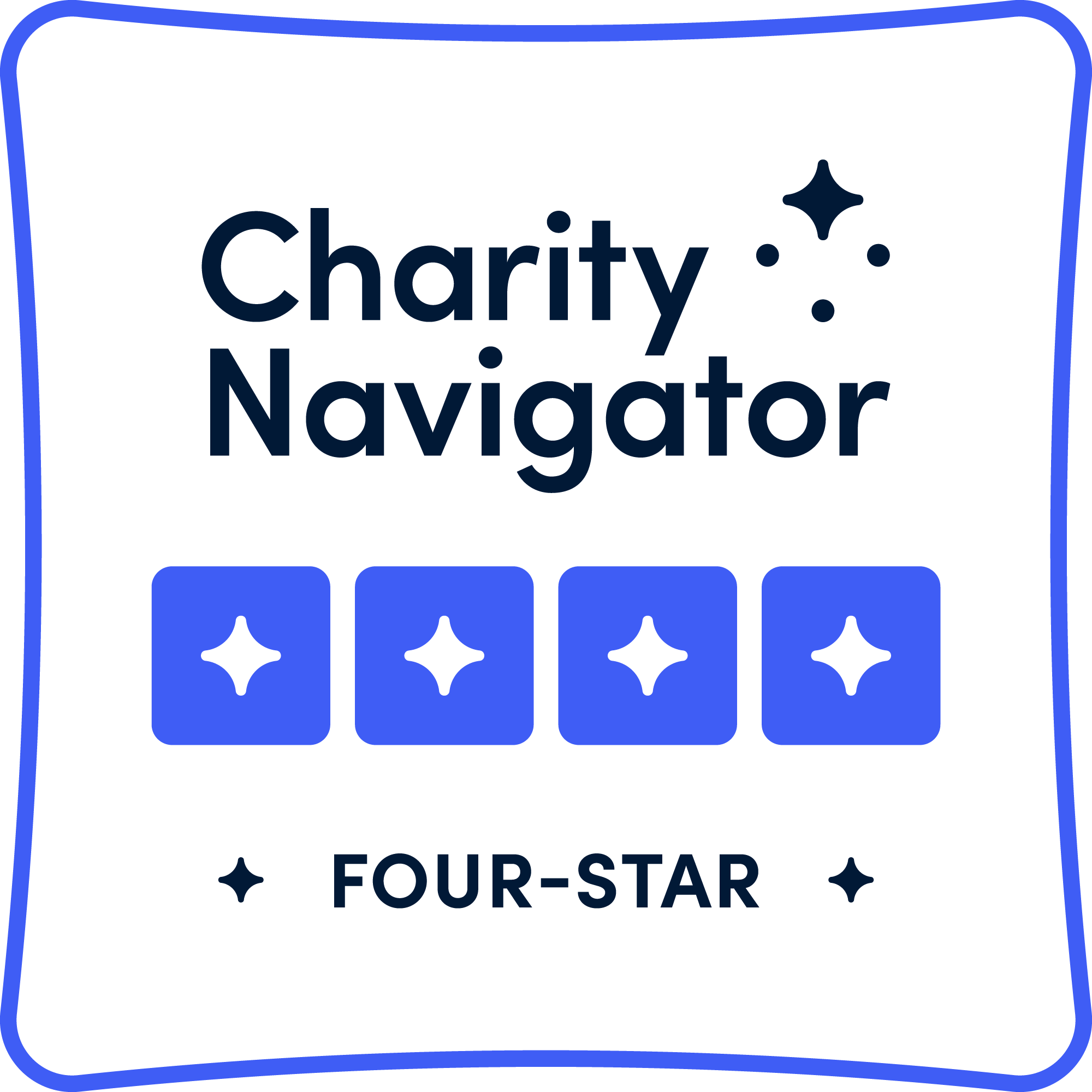FDA Approves WAINUA™ (Eplontersen) for Treatment of Hereditary ATTR Amyloidosis Polyneuropathy
BREAKING NEWS: The U.S. Food and Drug Administration has approved AstraZeneca and Ionis’ WAINUA™ (eplontersen) for the treatment of the polyneuropathy of hereditary transthyretin-mediated amyloidosis in adults, commonly referred to as hATTR-PN or ATTRv-PN.
WAINUA™ (eplontersen) is a Ligand-Conjugated Antisense medicine designed to prevent the production of the transthyretin (TTR) protein. The treatment attaches to and blocks RNA in liver cells, meaning the cells do not receive instructions to make more TTR protein. This reduces the amount of TTR protein being made in the liver, entering the bloodstream, and depositing in the tissues and organs of the body.
Wainua is a monthly self-administered subcutaneous injection. The treatment’s monthly injection schedule improves on Ionis’ first drug (Tegsedi/inotersen), which requires weekly treatments. Wainua has also shown to be safe and well tolerated by patients in trials.
Administered via autoinjector, Wainua allows patients to treat themselves at home or be treated by their caregiver rather than needing to go to a clinic as is required for Amvuttra, the other subcutaneous injection for ATTRv-PN currently approved by the FDA. ATTRv-PN patients might consider Amvuttra, however, if they prioritize time between injections, as Amvuttra is administered quarterly instead of the monthly schedule of Wainua.
“This new option brings an important amount of convenience to hereditary ATTR amyloidosis patients with polyneuropathy through the at-home administration method and a monthly dosing schedule,” said Isabelle Lousada, Founder & CEO of ARC. “This disease has a significant impact on the quality of life of those affected, and the approval of Wainua gives patients another urgently needed treatment option.”
“We are happy for patients with hereditary TTR amyloid polyneuropathy, that eplontersen provides a new option to treat the symptoms and disability from this disease with a medication that is well tolerated and can be given at home,” said Thomas Brannagan III, MD, director of the Peripheral Neuropathy Center at Columbia University Medical Center.
This approval introduces the fourth treatment for those suffering from this devastating type of amyloidosis. AstraZeneca and Ionis found Wainua demonstrated the ability to lower serum TTR levels and slow progression of the neuropathy during the Phase 3 NEURO-TTRansform study.
“The FDA approval of WAINUA marks an important milestone for people living with hereditary transthyretin-mediated amyloid polyneuropathy, who will now have an effective, well-tolerated treatment that can be self-administered via auto-injector to combat this devastating disease,” said Brett P. Monia, Ph.D., chief executive officer at Ionis.
“There is an urgent medical need for new therapies for people living with hereditary transthyretin-mediated amyloid polyneuropathy,” said Ruud Dobber, executive vice president, BioPharmaceuticals Business Unit, AstraZeneca. “The U.S. approval of WAINUA offers a new treatment option that provides consistent and sustained reduction in serum TTR concentration compared to baseline while halting disease progression and improving quality of life for people living with this debilitating condition.”
NEURO-TTRansform was a global, open-label, randomized study evaluating the efficacy and safety of Wainua (eplontersen) in patients with hereditary transthyretin-mediated amyloid polyneuropathy (ATTRv-PN). The study enrolled adult patients with stage 1 or stage 2 polyneuropathy and compared the efficacy of eplontersen to the historical placebo arm from the TEGSEDI® (inotersen) NEURO-TTR registrational study completed in 2017.
Wainua is an important new treatment option that may fit into the lives and treatment plans of patients more easily than previous options. It provides patients with another choice as they determine how to best manage their disease and maintain their daily lifestyle.
Learn more about WAINUA™ (Eplontersen) here.
Learn about hereditary ATTR amyloidosis here.
- Categories




